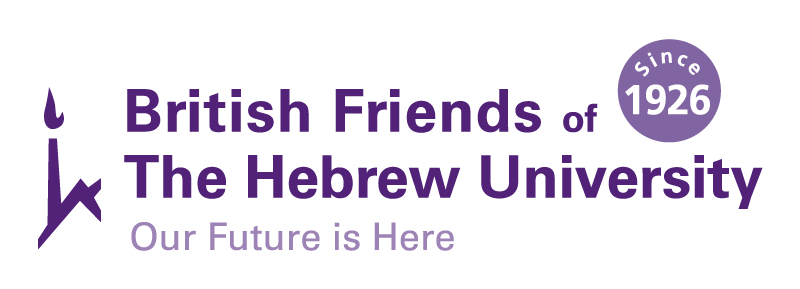
A recent study at the Hebrew University examines the impact of memorial days in Israel on national unity amidst political polarisation. The study delves into the emotional dynamics surrounding Holocaust Memorial Day (HMD), revealing a notable decline in affective polarisation during the commemoration. This decline, attributed in part to an increase in feelings of sadness among participants, underscores the pivotal role of memorial days in temporarily reducing societal divisions and safeguarding cohesion.
A recent study led by PhD student Tamar Gur and team, under the guidance of Professor Eran Halperin from the Psychology Department at the Hebrew University of Jerusalem, delves into the profound impact of memorial days on societal cohesion amidst rising affective polarisation. The study reveals significant insights into the unifying effects of Holocaust Memorial Day on Israeli society.
The association between memorial days and national unity has long been acknowledged. In poignant speeches delivered during these commemorations, there’s a resounding call for unity, underscoring a common identity and shared commitment to the memory of a collective history. Against the backdrop of contemporary polarisation, characterised by growing divides among groups with identical national identities, the need to strengthen these bonds of common identity is paramount.
The study examined the effects of memorial days on emotional responses and their potential role in mitigating affective polarisation. Affective polarisation, defined as the tendency to harbor negative attitudes and hostility towards supporters of opposing political ideologies, poses a grave threat to societal cohesion and functionality.
The research included extensive surveys, gauging their feelings and attitudes before, during, and after the day of remembrance. The results showed that the prevalent sadness associated with the day significantly decreases affective polarisation, which often manifests as distrust or hostility towards those with differing political or ideological views.
“Memorial days serve as a reminder of our shared humanity and collective responsibility towards preserving the memory of our past,” remarked lead researcher, PhD student Tamar Gur. “Our findings underscore the pivotal role of sadness in temporarily reducing affective polarisation and safeguarding societal cohesion.”
Despite its limitations, this research holds far-reaching implications. Sadness, though often deemed an unpleasant emotion, offers substantial personal and group advantages in specific contexts. Memorial days exemplify how national groups can harness the power of sadness to bolster cohesion and preserve group integrity.
This profound impact on societal cohesion underscores the importance of collective memory in healing national wounds and building a resilient community. It highlights how remembrance and shared grief can serve as powerful catalysts for social solidarity, promoting a more harmonious coexistence among various social groups.
The research paper titled “A group that grieves together stays together: Examining the impact of Holocaust Memorial Day in Israel on affective polarisation” is now available in Political Psychology and can be accessed HERE.
Researchers:
Tamar Gur1,2, Shahar Ayal2, Magnus Wagner3, Eli Adler1, Eran Halperin1
Institutions:
1) Psychology Department, The Hebrew University of Jerusalem, Jerusalem, Israel
2) Baruh Ivcher School Of Psychology, Reichman University (IDC), Herzliya, Israel
3) Faculty of Social and Behavioral Sciences, Institute of Psychology, Friedrich-Schiller-University Jena, Jena, Germany
Methodology:
The survey was prepared by PhD Student Tamar Gur from the Hebrew University. It was conducted in Israel via an online survey platform between the dates April 25 and May 18, with a total of 517 men and women from Israeli-Jewish backgrounds, constituting a representative sample of the adult population aged 18 and over. The maximum sampling error was 5% at a confidence level of 95%.
Disclaimer: In these challenging times of war and crisis, Hebrew University of Jerusalem is resolute in its dedication to advancing research and education. We stand in full support of the brave individuals on the frontlines, safeguarding our nation and the well-being of all Israelis, and extend our deepest gratitude and unwavering solidarity to our community and fellow citizens. Together, we shall prevail against the challenges that confront us, and our shared commitment to the well-being of all Israelis and the pursuit of knowledge remains resolute.
The Hebrew University of Jerusalem is Israel’s premier academic and research institution. Serving over 23,000 students from 80 countries, the University produces nearly 40% of Israel’s civilian scientific research and has received over 11,000 patents. Faculty and alumni of the Hebrew University have won eight Nobel Prizes and a Fields Medal. For more information about the Hebrew University, please visit http://new.huji.ac.il/en.
